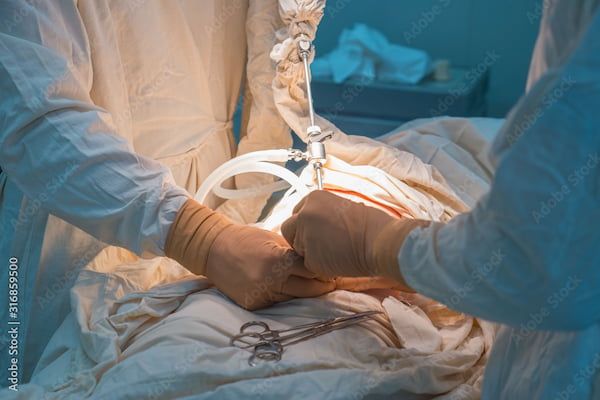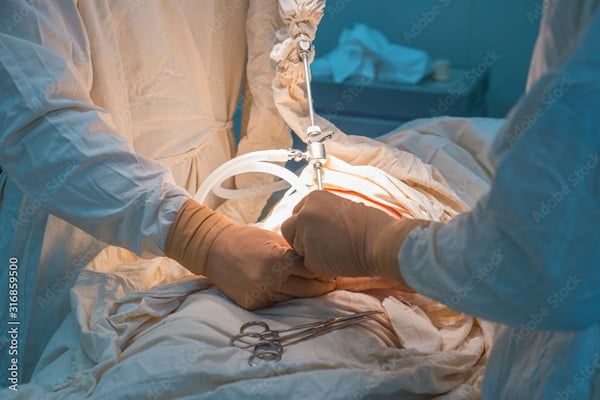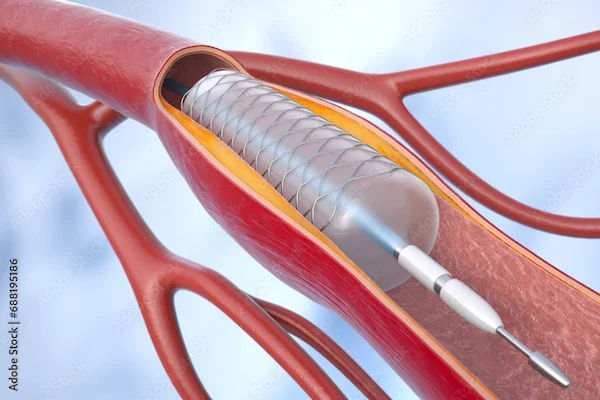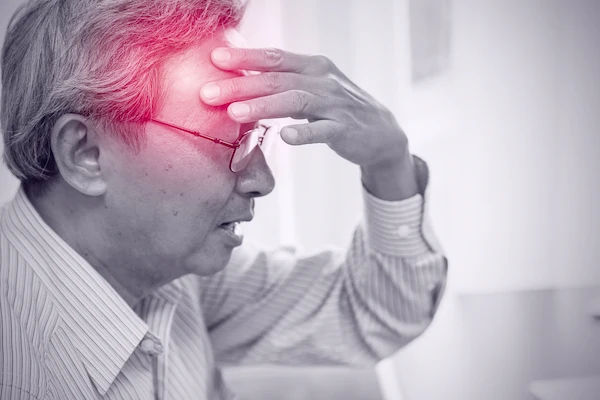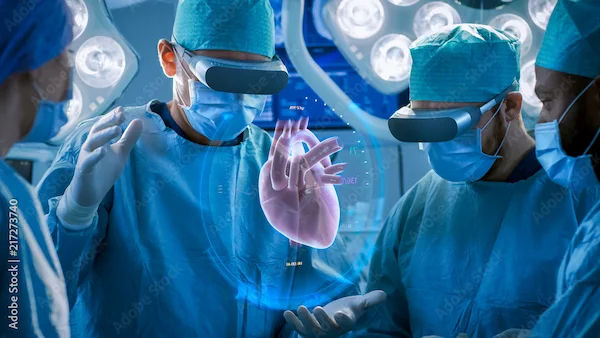Stroke Recovery Time and Expectations
Understand stroke recovery timeframes and expectations. Learn about the crucial phases of healing, factors influencing recovery (like stroke severity and rehab intensity), and the long-term potential for regaining function.

Written by Dr. Rohinipriyanka Pondugula
Reviewed by Dr. Siri Nallapu MBBS
Last updated on 12th Aug, 2025

A stroke can be a lifechanging event, not just for the patient but also for their loved ones. The road to recovery may seem challenging, but with the right knowledge, support, and care, many stroke survivors regain significant function and improve their quality of life.
This article will help you understand stroke recovery—how long it takes, what to expect, and how to support the healing process.
Understanding Stroke and Its Effects
A stroke occurs when blood flow to a part of the brain is interrupted, either due to a blockage (ischemic stroke) or bleeding (hemorrhagic stroke). This can lead to brain damage, affecting movement, speech, memory, and other functions depending on which part of the brain is affected.
Recovery varies from person to person, depending on:
- The severity of the stroke
- The area of the brain affected
- The patient’s age and overall health
- How quickly treatment was received
Stages of Stroke Recovery
Stroke recovery is often divided into stages, with the most significant improvements happening in the first few months. However, progress can continue for years with consistent rehabilitation.
1. Acute Phase (First Few Weeks After Stroke)
- Hospital Stay: The first few days are critical. Doctors stabilize the patient and prevent complications.
- Early Rehabilitation: Physical, occupational, and speech therapy may begin even in the hospital to help regain lost functions.
2. Subacute Phase (1-6 Months After Stroke)
- Rapid Improvement: Many patients see the most progress during this time.
- Intensive Therapy: Continued rehabilitation helps restore movement, speech, and daily activities.
3. Chronic Phase (6 Months and Beyond)
- Slower but Steady Progress: Recovery continues, though at a slower pace.
- LongTerm Rehabilitation: Some patients may need ongoing therapy to maintain or further improve function.
What to Expect During Recovery?
Every stroke survivor’s journey is unique, but here are some common aspects of recovery:
Physical Recovery
- Weakness or Paralysis: Many patients experience weakness on one side of the body (hemiparesis). Physical therapy helps regain strength and mobility.
- Balance and Coordination Issues: Exercises and assistive devices (like canes or walkers) can improve stability.
- Fatigue: Extreme tiredness is common. Rest and pacing activities are important.
Speech and Communication
- Aphasia (Difficulty Speaking or Understanding Speech): Speech therapy can help patients relearn language skills.
- Dysarthria (Slurred Speech): Exercises strengthen mouth and throat muscles for clearer speech.
Cognitive and Emotional Changes
- Memory and Concentration Problems: Cognitive therapy and memory exercises can help.
- Mood Swings or Depression: Emotional support, counseling, and sometimes medication are beneficial.
How to Support Stroke Recovery?
Ways to support stoke recovery:
1. Follow a Rehabilitation Plan
- Work closely with doctors, physiotherapists, and speech therapists.
- Stick to prescribed exercises and therapies for the best results.
2. Make Lifestyle Changes
- Healthy Diet: Eat more fruits, vegetables, whole grains, and lean proteins. Reduce salt, sugar, and unhealthy fats.
- Exercise Regularly: Gentle activities like walking or swimming improve strength and circulation.
- Quit Smoking and Limit Alcohol: These can increase stroke risk and slow recovery.
3. Emotional and Social Support
- Family Involvement: Encourage and assist the patient in daily activities.
- Support Groups: Connecting with other stroke survivors can provide motivation and shared experiences.
4. Monitor Health Regularly
- Keep up with doctor visits and take prescribed medications (like blood thinners or blood pressure drugs) to prevent another stroke.
Consult Top Heart Specialists
When to Seek Help?
If you or a loved one experiences:
- Sudden weakness or numbness in the face, arm, or leg
- Trouble speaking or understanding speech
- Severe headache, dizziness, or loss of balance
- Vision problems
Seek emergency medical help immediately. Early treatment can minimize damage and improve recovery chances.
Can Recovery Be Faster?
While recovery depends on individual factors, these steps can help:
- Start Rehabilitation Early – The sooner therapy begins, the better the outcomes.
- Stay Consistent – Regular practice of exercises and therapies speeds up progress.
- Stay Positive – A hopeful mindset and strong support system make a big difference.
Apollo 24|7 Can Help
If you or a loved one is recovering from a stroke, Apollo 24|7 offers:
- Expert neurologists and rehabilitation specialists
- Personalized recovery plans
- Home therapy options
Book a consultation today to get the right guidance for stroke recovery.
Final Thoughts
Stroke recovery is a journey that requires patience, persistence, and support. While the timeline varies, many survivors regain independence and lead fulfilling lives with proper care. Stay hopeful, follow medical advice, and take one step at a time.
If you have concerns about stroke recovery, don’t hesitate to reach out to a healthcare professional. Apollo 24|7 is here to support you every step of the way.
Stay strong—recovery is possible!
Consult Top Heart Specialists
Consult Top Heart Specialists

Dr Hasit Joshi
Cardiologist
19 Years • MBBS, MD(MED), DM(CARDIOLOGY)
Ahmedabad
Apollo Hospitals Gandhinagar, Ahmedabad

Dr. Sunil Modi
Cardiologist
38 Years • MBBS,MD (Med.),DM (Cardio)
Delhi
Apollo Hospitals Indraprastha, Delhi
(25+ Patients)

Dr. Abhishek Kaushley
Cardiologist
5 Years • MBBS, MD( Medicine), DNB, DM - Cardiology
Bilaspur
Apollo Hospitals Seepat Road, Bilaspur

Dr. Rajeshwari Nayak
Cardiologist
24 Years • MBBS, DNB (Med), DNB (Cardio), Fellowship Heart failure(Australia), Fellowship ECHO(Australia), FRCP(Glasgow), FACC, FESC, FCSI, Adj. Prof AHERF
Chennai
Apollo Hospitals Greams Road, Chennai
(150+ Patients)
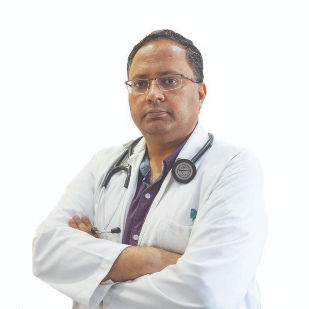
Dr. Amit Mittal
Cardiologist
19 Years • MBBS, MD, DM (Cardio)
Delhi
Apollo Hospitals Indraprastha, Delhi
(25+ Patients)
Consult Top Heart Specialists

Dr Hasit Joshi
Cardiologist
19 Years • MBBS, MD(MED), DM(CARDIOLOGY)
Ahmedabad
Apollo Hospitals Gandhinagar, Ahmedabad

Dr. Sunil Modi
Cardiologist
38 Years • MBBS,MD (Med.),DM (Cardio)
Delhi
Apollo Hospitals Indraprastha, Delhi
(25+ Patients)

Dr. Abhishek Kaushley
Cardiologist
5 Years • MBBS, MD( Medicine), DNB, DM - Cardiology
Bilaspur
Apollo Hospitals Seepat Road, Bilaspur

Dr. Rajeshwari Nayak
Cardiologist
24 Years • MBBS, DNB (Med), DNB (Cardio), Fellowship Heart failure(Australia), Fellowship ECHO(Australia), FRCP(Glasgow), FACC, FESC, FCSI, Adj. Prof AHERF
Chennai
Apollo Hospitals Greams Road, Chennai
(150+ Patients)

Dr. Amit Mittal
Cardiologist
19 Years • MBBS, MD, DM (Cardio)
Delhi
Apollo Hospitals Indraprastha, Delhi
(25+ Patients)
